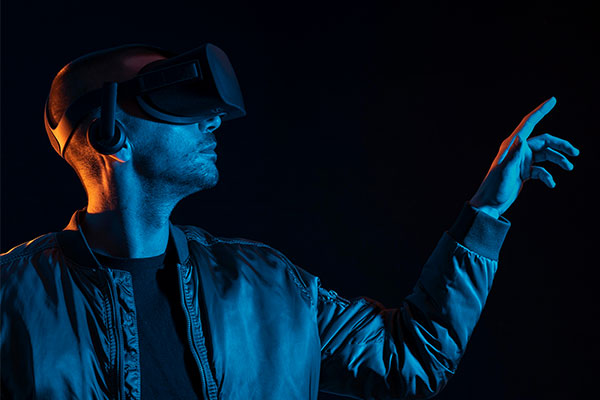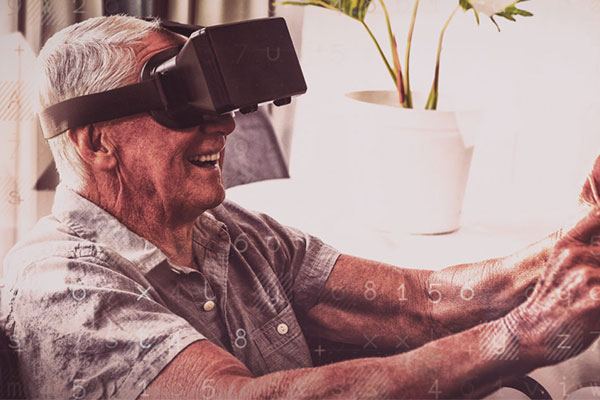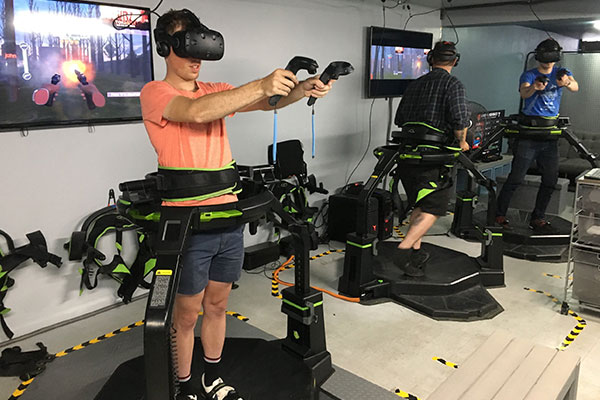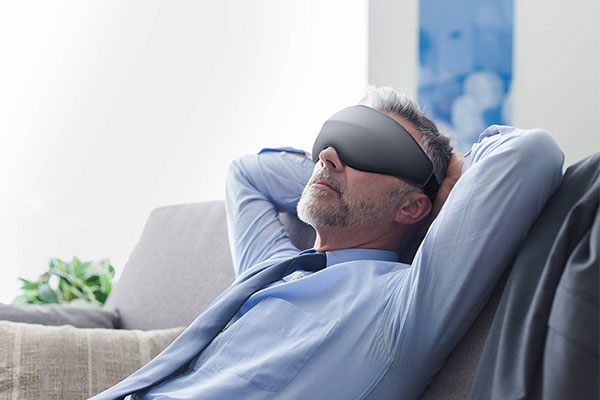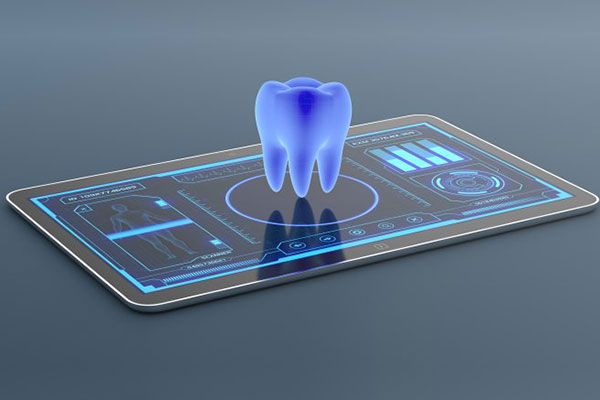What is VR?
Virtual reality is a technology in which a virtual environment is placed on a person’s eyes by a VR headset and interacts with the virtual conditions based on the movement of his head and body. Virtual reality is a computer simulation that can create three-dimensional images and spaces that lead to new experiences for people. Its effectiveness in hospitals and healthcare is rapidly evolving and improving, therefore; our team put particular efforts into this area.

